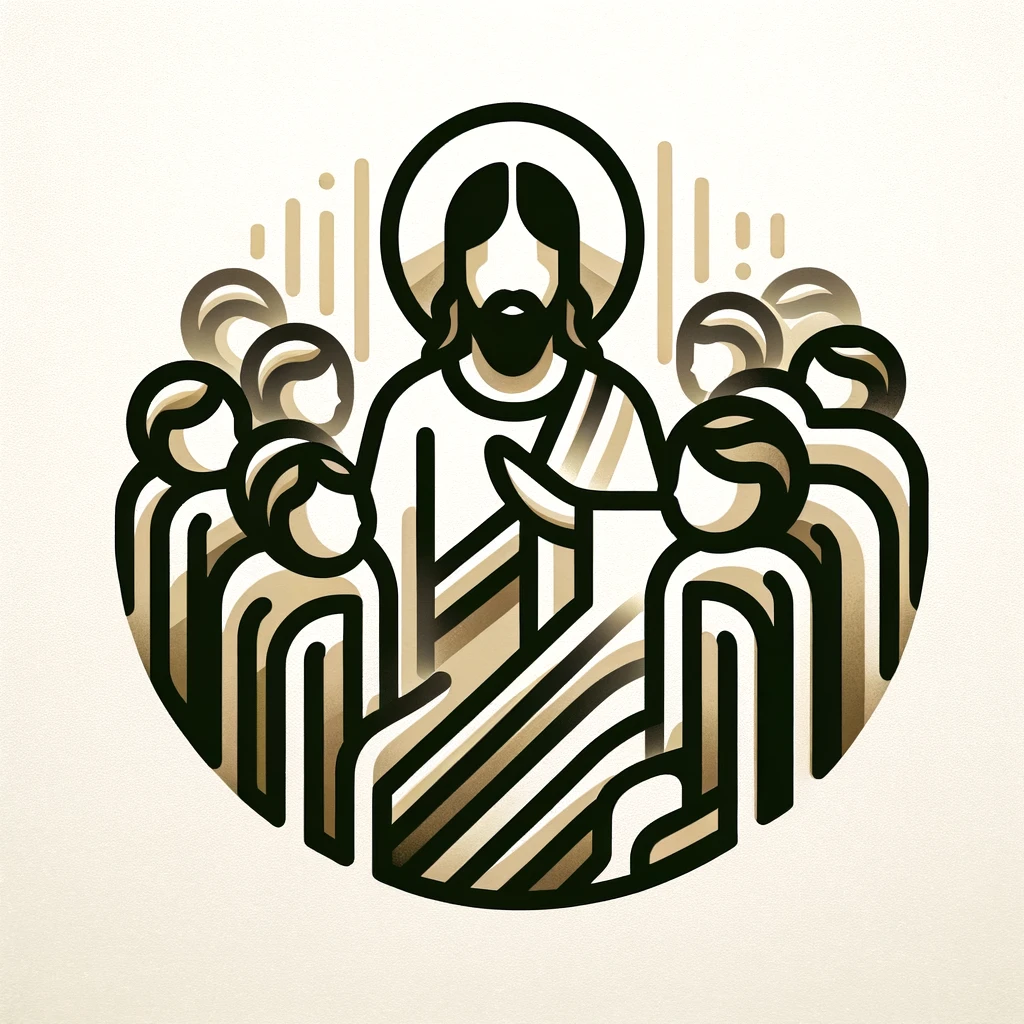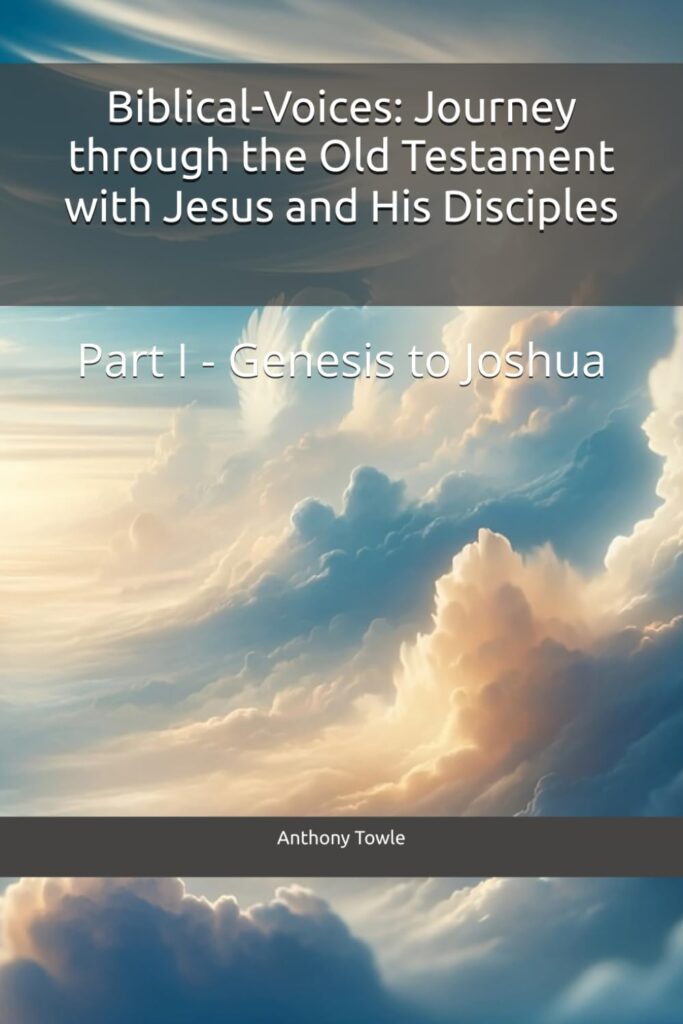Jesus: Verily, I say unto you, as the Exodus from Egypt was a journey from bondage to freedom for the children of Israel, so too it holds a deep significance in Christian liturgy and practices. My teachings and the events of my life are often seen as a fulfillment and continuation of that great deliverance.
Peter: Master, I recall our celebration of the Passover. How does the Exodus influence that?
Jesus: Peter, as you rightly remember, the Passover is a direct commemoration of the Israelites’ deliverance from Egypt. In the Christian tradition, this is echoed in the Eucharist, or the Lord’s Supper. Just as the Passover lamb was sacrificed in the Exodus, I was sacrificed for the sins of the world. The bread and wine represent my body and blood, given for the salvation of many.
John: Lord, I have often thought about how our baptism resembles the crossing of the Red Sea. Is this a correct understanding?
Jesus: John, you have perceived well. In baptism, Christians symbolically pass through the waters, just as Israel passed through the Red Sea. It represents a transition from the old life of sin to a new life in me. It’s a journey from slavery to sin into the freedom of the children of God.
Andrew: And what of the journey in the wilderness, Lord? Does that also have a place in our faith?
Jesus: Indeed, Andrew. The journey in the wilderness is seen as a time of testing and reliance on God, much like the Christian life. The manna from heaven that sustained the Israelites is likened to the spiritual nourishment I provide. In the Lord’s Prayer, when we say, “Give us this day our daily bread,” it’s a reminder of God’s provision, both physical and spiritual.
Matthew: Master, I’ve noticed in your parables and teachings, you often speak of liberation and deliverance, akin to the Exodus narrative.
Jesus: You are correct, Matthew. The themes of liberation and deliverance are central to my message. Just as Moses led the Israelites to freedom, I lead all who follow me into spiritual freedom. The Exodus story, with its themes of liberation, journey, and divine providence, is a powerful metaphor for the Christian experience of salvation and life in me.

